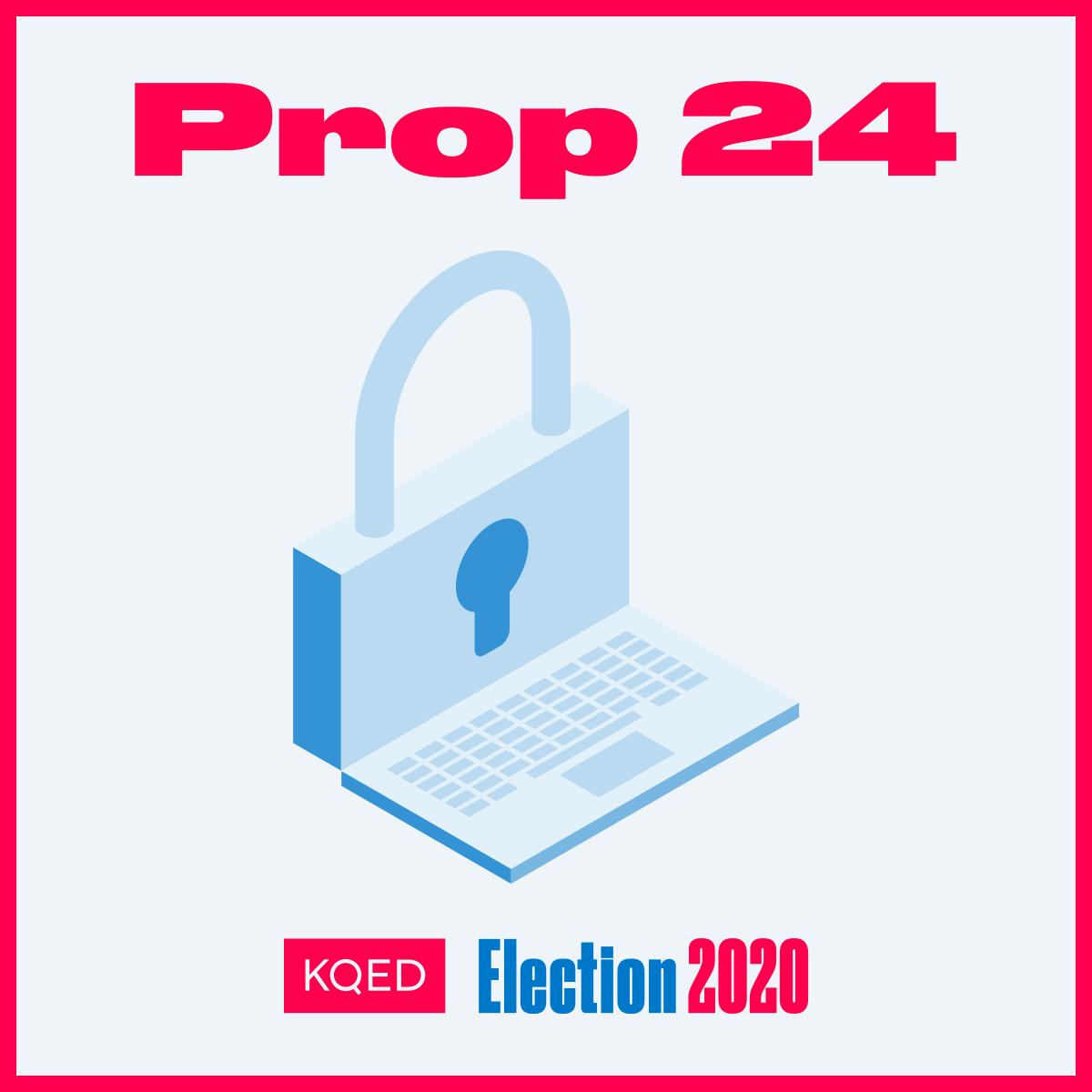“We are at the beginning of a journey that will profoundly shape the fabric of our society by redefining who is in control of our most personal information and putting consumers back in charge of their own data,” said Alastair Mactaggart, chair of Californians for Consumer Privacy and Proposition 24’s sponsor. “I’m looking forward to the work ahead and the next steps in implementing this law, including setting up a commission that is dedicated to protecting consumers online.”
The CCPA, which took effect in January of this year, requires companies to disclose what data they are collecting while allowing consumers to limit or stop collection. Under the legislation, however, consumers can sue companies only if negligence led to the exposure of their data. Otherwise, the option to litigate remains with the state attorney general’s office.
The general outlines of the CCPA owe much to what was originally a ballot proposition also backed Mactaggart, a Bay Area real estate developer, in 2018. He agreed to drop the ballot measure in exchange for more easily amendable legislation – but unhappy with the amendments that followed, he decided to finance another ballot measure, Proposition 24, framing it as his preferred set of “fixes” to the CCPA.
Mactaggart spent more than $6.5 million on Proposition 24, dwarfing the amount donated by any other supporter, and the $52,000 raised by the campaign against it.
“It’s unexpectedly close, which affirms that Californians’ privacy rights are not for sale. Thankfully, groups like ACLU and EFF will fight for truly strong privacy legislation to give all Americans control over their personal information,” said Mary Ross, erstwhile ally of Mactaggart who led the No on 24 campaign.
Data privacy advocates split on Proposition 24
Its complexity – the ballot measure ran over 50 pages – was also an impediment to widespread enthusiasm and debate. Many privacy watchers say California voters like data privacy as a general concept and were willing to presume the best about Proposition 24.
“Only about half of U.S.-based workers are aware of the CCPA, though those numbers are likely higher in California,” wrote Maureen Mahoney, a policy analyst with Consumer Reports. “However, many companies haven’t made a good-faith effort to comply with the CCPA — companies including Google, Facebook, Amazon and Spotify claim that the opt-out doesn’t apply to their data practices, and consumers who tried to stop this data sharing were likely frustrated. Prop. 24 will help close up loopholes that companies have exploited to avoid complying with the CCPA, which will help ensure that consumers will be able to effectively exercise the privacy rights that they value.”
Voters “have no idea that the CCPA already gives them most of the rights in [Proposition 24],” said Santa Clara University law professor Eric Goldman, who co-directs the school’s High Tech Law Institute. “Thus, many voters voted yes … because they mistakenly think it’s necessary to get any privacy rights at all.”


